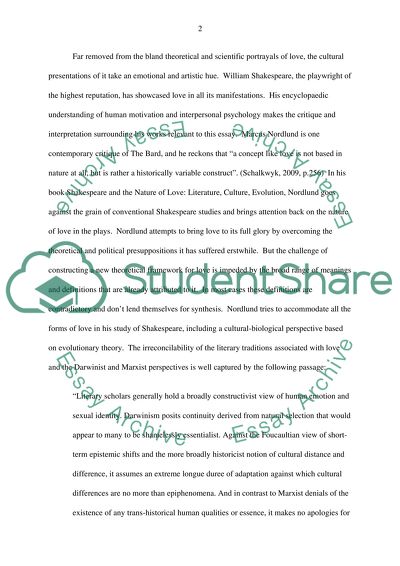Cite this document
(“Love is Always Something More and Something Different than can be Essay”, n.d.)
Love is Always Something More and Something Different than can be Essay. Retrieved from https://studentshare.org/psychology/1450018-social-psychology-yplove-is-always-something-more
Love is Always Something More and Something Different than can be Essay. Retrieved from https://studentshare.org/psychology/1450018-social-psychology-yplove-is-always-something-more
(Love Is Always Something More and Something Different Than Can Be Essay)
Love Is Always Something More and Something Different Than Can Be Essay. https://studentshare.org/psychology/1450018-social-psychology-yplove-is-always-something-more.
Love Is Always Something More and Something Different Than Can Be Essay. https://studentshare.org/psychology/1450018-social-psychology-yplove-is-always-something-more.
“Love Is Always Something More and Something Different Than Can Be Essay”, n.d. https://studentshare.org/psychology/1450018-social-psychology-yplove-is-always-something-more.


